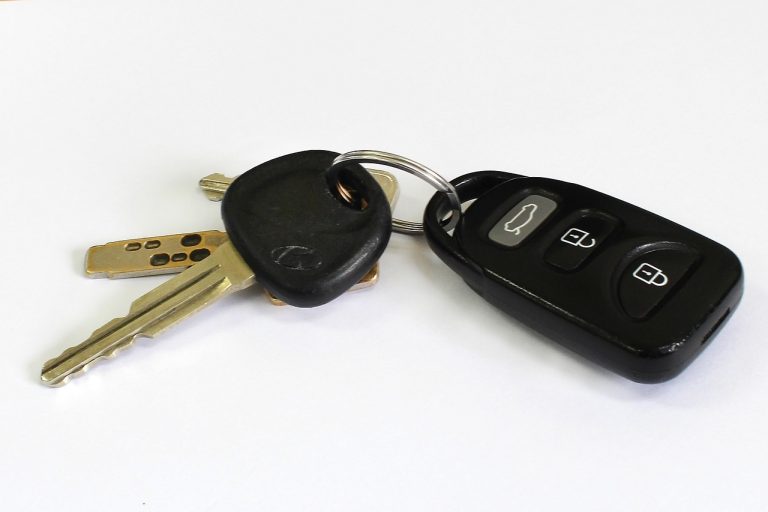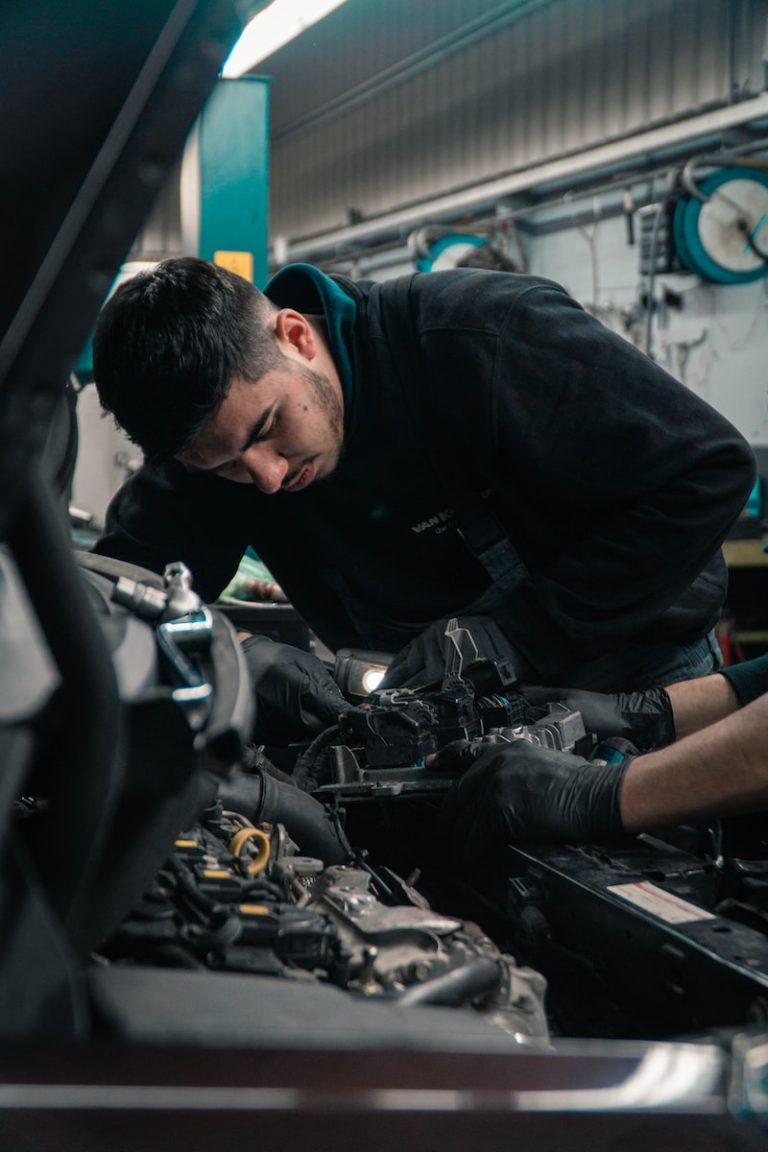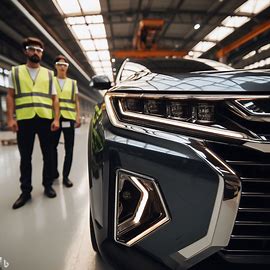What Is a Hybrid Battery
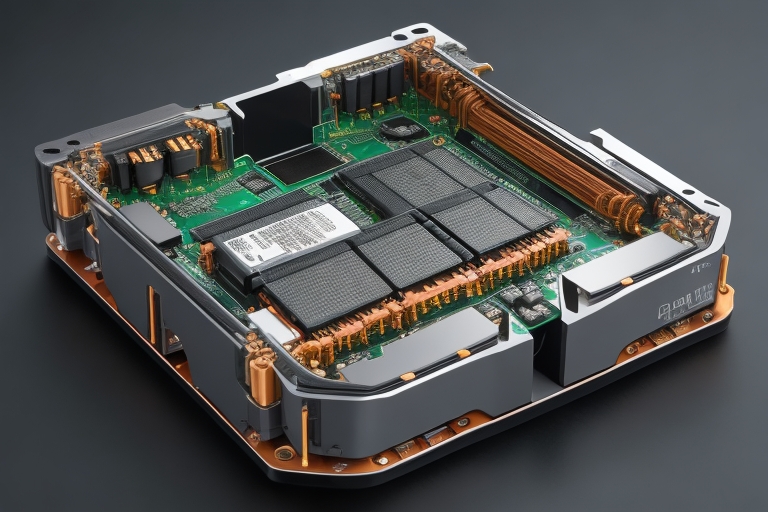
Are you ready to dive into the fascinating world of hybrid batteries?
Get ready to explore the inner workings of these unique power sources and discover what makes them so special.
With their ability to seamlessly switch between electric and gasoline power, hybrid batteries offer an efficient and eco-friendly way to get around.
In this article, we’ll take a closer look at how hybrid batteries work and delve into the advantages they bring to the table.
So, buckle up and get ready for an electrifying journey!
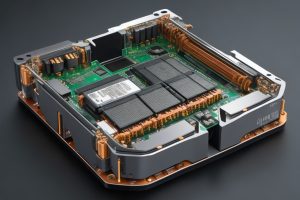
Key Takeaways
- Hybrid batteries combine the functionality of a gas-powered motor and an electric hybrid battery.
- They switch seamlessly between power sources and are rechargeable through regenerative braking.
- Hybrid batteries have a limited lifespan and may require periodic replacement.
- Each hybrid battery has specific features and specifications tailored to the vehicle it powers.
Advantages of Hybrid Batteries
Hybrid batteries offer numerous benefits, such as improved fuel efficiency and reduced emissions, making them an excellent choice for environmentally conscious drivers like yourself.
With a hybrid battery, you can enjoy better gas mileage, as the battery assists the gas engine in powering the vehicle. This means you can go further on a tank of gas, reducing your trips to the pump.
Additionally, hybrid batteries help to reduce emissions, as the electric motor produces fewer pollutants compared to a traditional combustion engine.
By choosing a hybrid vehicle with a reliable battery, you aren’t only saving money on fuel costs but also contributing to a cleaner and greener environment.
How Hybrid Batteries Work
You can understand how hybrid batteries work by learning about their seamless switching between power sources and the regenerative braking that recharges them.
Hybrid vehicles utilize both a 12-volt lead-acid battery and gasoline, allowing them to switch seamlessly between power sources.
When the vehicle decelerates or brakes, regenerative braking kicks in, converting the kinetic energy into electrical energy and storing it in the hybrid battery. This process helps to recharge the battery and increase the overall fuel efficiency of the vehicle.
Hybrid batteries, such as those found in the Toyota Prius, Ford Escape Hybrid, Honda Insight, and Saturn Vue Green Line, have specific features and specifications tailored to the vehicle they power.
Different Types of Hybrid Batteries
To gain a deeper understanding of hybrid batteries, explore the various types available and compare their features and specifications.
Hybrid vehicles utilize different types of batteries, such as nickel-metal hydride (NiMH) and lithium-ion (Li-ion). NiMH batteries are commonly used in hybrid cars like the Toyota Prius, while Li-ion batteries are found in newer models like the Ford Fusion Hybrid.
NiMH batteries have a longer lifespan and are more affordable, but Li-ion batteries offer higher energy density and better performance. When comparing their features, consider factors such as voltage, weight, and power delivery.
Understanding the different types of hybrid batteries can help you make an informed decision when purchasing a hybrid vehicle or replacing its battery in the future.
Understanding EV Charging Levels for Hybrid Batteries
By utilizing different charging levels, hybrid batteries can be efficiently recharged to ensure optimal performance.
Electric Vehicle (EV) charging levels are categorized into four levels.
Level 1 charging uses a standard household outlet and takes the longest time to charge, typically between 8 to 20 hours.
Level 2 charging requires a dedicated charging station and charges faster, usually within 4 to 8 hours.
Level 3 charging, also known as DC fast charging, provides rapid charging, allowing you to charge up to 80% of the battery in just 30 minutes. However, it requires specialized equipment.
Finally, level 4 charging, known as ultra-fast charging, offers even faster charging speeds but is still in development.
The availability and accessibility of charging infrastructure vary by location, so it’s essential to consider these factors when recharging your hybrid battery.
Electric Car Battery Life and Cost
Replacing an electric car battery can be a significant expense, costing thousands of dollars, but proper maintenance and charging habits can help extend its lifespan.
By taking good care of your electric car battery, you can avoid the high cost of replacement. Regularly checking and maintaining the battery’s health, such as cleaning the terminals and ensuring proper ventilation, can go a long way in preserving its lifespan.
Additionally, adopting good charging habits, like avoiding frequent deep discharges and using a level 2 charger whenever possible, can help prevent unnecessary wear and tear on the battery.
Frequently Asked Questions
How Long Does a Hybrid Battery Typically Last?
Hybrid batteries typically last around 8-10 years or 150,000-200,000 miles, but it can vary depending on factors like driving habits and climate. Regular maintenance and proper charging can help extend their lifespan.
Can a Hybrid Battery Be Recharged While Driving?
Yes, a hybrid battery can be recharged while driving. It utilizes regenerative braking to recharge the electric battery. This allows the hybrid vehicle to seamlessly switch between power sources and improve fuel efficiency.
Are Hybrid Batteries Interchangeable Between Different Hybrid Vehicle Models?
No, hybrid batteries are not interchangeable between different hybrid vehicle models. Each battery has specific features and specifications tailored to the vehicle it powers, so they are not compatible with other models.
What Is the Environmental Impact of Hybrid Batteries?
The environmental impact of hybrid batteries is a valid concern. While they offer improved fuel efficiency, the production and disposal processes can have negative effects. It is essential to recycle and properly dispose of hybrid batteries to minimize their environmental impact.
Are There Any Safety Concerns Associated With Hybrid Batteries?
Safety concerns with hybrid batteries are minimal. They undergo rigorous testing to ensure reliability. While rare, potential risks like electrical fires or chemical leaks exist. Regular maintenance and following safety guidelines will mitigate any potential hazards.
Conclusion
So there you have it, folks! Hybrid batteries, the magical powerhouses that seamlessly blend electricity and gasoline to save the planet and your pocket.
These ingenious contraptions give you the best of both worlds, but don’t forget their limited lifespan.
Just like a fine wine, hybrid batteries may need replacing from time to time. But hey, who needs a long-lasting battery when you can have the thrill of constantly shopping for a new one?
Happy hybrid driving, and may your battery adventures never end!

